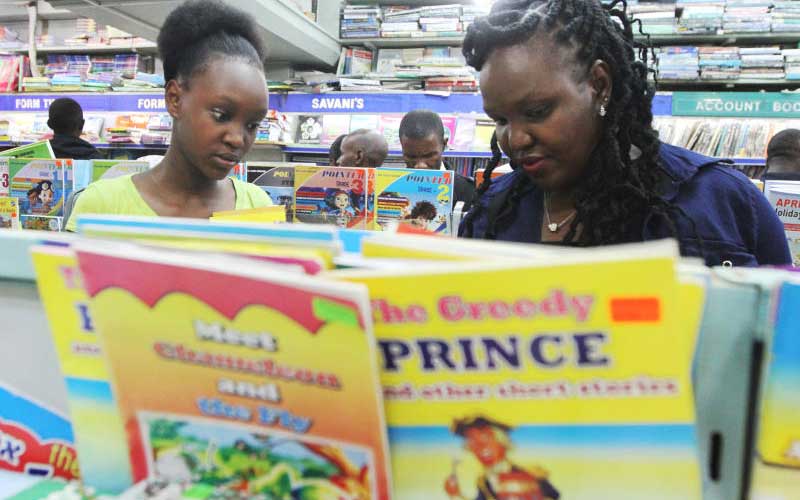
On a recent visit to a secondary school, I found a big group of students and their parents by the gate. On enquiring, I was told it was reporting day. But why the parents? It was not a Parents’ Day. My research indicates this is not an isolated case. In the past, only children from affluent families were dropped off or picked up from school.
Nowadays, most secondary schools require parents to do that and the reasoning is that you can’t trust students to go home after school or that they will end up in school on opening day.